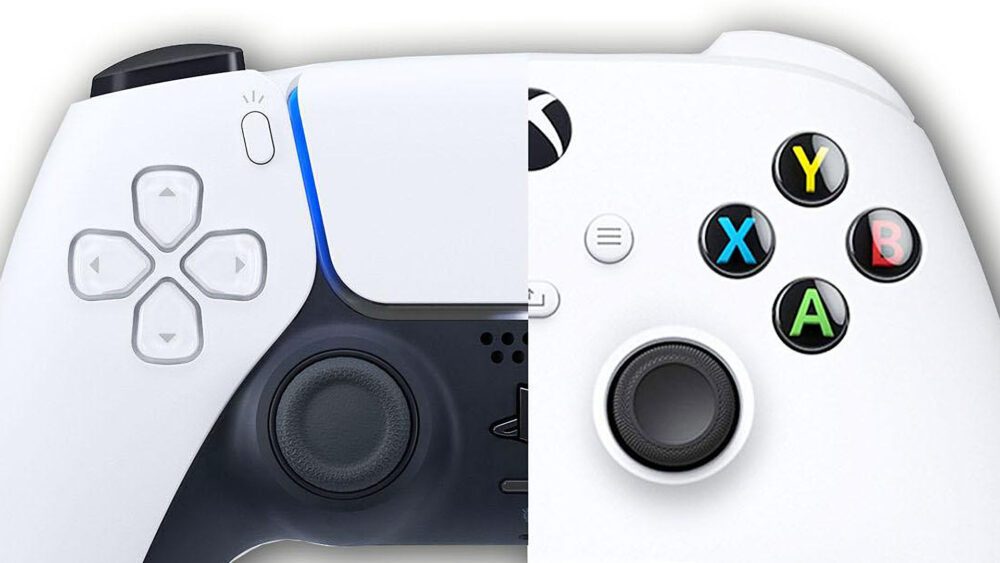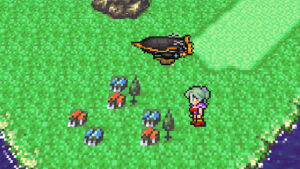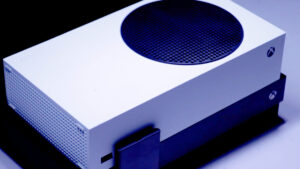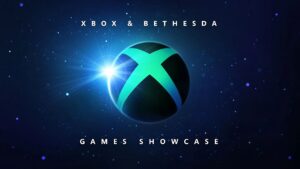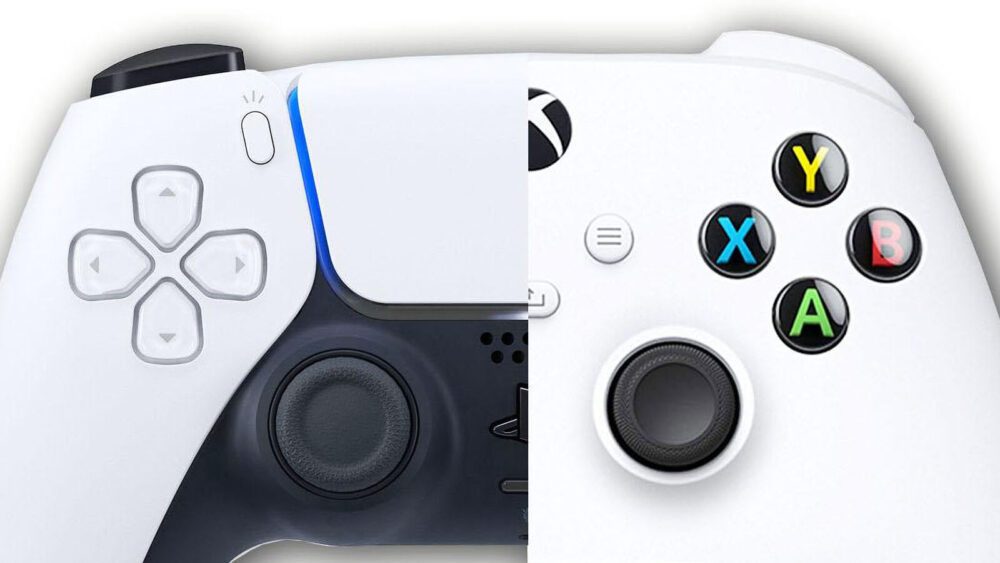
The regulatory battles between Sony and Microsoft over the latter’s Activision Blizzard acquisition are throwing up all manner of headline stories – such as Xbox effectively positioning themselves as third out of three in terms of the major console platform holders, Sony writing off its chances of ever creating an FPS as potent as Call of Duty – and perhaps most intriguing of all, acknowledgement that this console generation is likely to persist until 2027 or even 2028.
The various legal documents make for great reading but do need to be treated with more than a little caution. On the face of it, it appears like we’re getting a fascinating insight into the inner workings of the platform holders, who are producing all manner of never-seen-before ‘insider’ information. However, we also need to remember that all of these disclosures are being driven by very specific agendas and nothing should be taken at face value, no matter how intriguing the information may be.
With that said, the idea of a prolonged console generation absolutely has merit. I’m not sure it’s fully understood how hard Microsoft and Sony pushed to make PlayStation 5 and Xbox Series X as powerful as they were, given the technologies available to them. Various factors – outlined in depth in this interview with Xbox’s chief system architect – demonstrate that the routes forward in producing any kind of next-gen console are (right now, at least) limited to say the least. The basic assumptions we have about new technology being both more performant and cheaper are clearly being challenged.
- 00:00:00 Introduction
- 00:02:31 News 01: Next-gen consoles to launch in 2027/2028?
- 00:13:41 News 02: Microsoft and Sony engaged in Call of Duty value dispute
- 00:27:01 News 03: Witcher 3 current-gen + PC upgrades revealed!
- 00:37:34 News 04: Callisto Protocol leaks and reveals
- 00:46:45 News 05: The Game Awards nominees announced
- 00:55:39 News 06: Warzone 2.0 tested!
- 01:07:17 DF Content Discussion: What has Audi been up to?
- 01:10:43 DF Supporter Q1: Given the performance woes of the new Pokémon games, does the industry need to re-evaluate yearly franchises?
- 01:18:10 DF Supporter Q2: How does being multilingual help the DF team?
- 01:24:05 DF Supporter Q3: With GPU/CPU stock still on store shelves, have AMD and Nvidia misjudged the market?
With all of this in mind, when the new consoles do eventually appear, I also believe we need to manage expectations from what we should expect from them. Microsoft in particular will be looking at the success of Nintendo Switch and its own Xbox Series S and may come to the perfectly valid conclusion that focusing on raw CPU and GPU power may not necessarily be the best way forward for the business – and that those who want the best in out-and-out performance are best served by moving to PC, which the firm also strongly supports. Microsoft is in the business of attracting players to its ecosystem and bringing more subscribers to Game Pass, which is demonstrabnly more important than having the most powerful console on the market.
Economics affect the console generations in different ways too – specifically in terms of the state of the world around us right now. With inflation so high and recession kicking in, along with the very real possibility of Xbox console prices rising just as PlayStation’s have, the idea that a new console becomes economically viable sooner rather than later seems like a pipedream. Going back to the Microsoft interview I mentioned earlier, remember that took place in 2020, before the economic tumult in the world today was even considered as a factor. Does it really matter if we don’t get any new hardware any sooner? Maybe that’s OK actually, because these new machines are actually very, very good. The major technological problems of last-gen are gone: the new CPUs are much better, the storage problem has been solved and the great thing about GPUs is that workloads are so scalable.
And there’s one further argument in favour of an extended console generation: the notion that we’ve yet to really see the current generation really take off yet to any appreciable degree – with the need to accommodate the still-significant PlayStation 4 userbase, it’s rare to see any games that specifically target the new hardware. There’s still so much potential in these machines and it’s only now that we’ll see developers and publishers start to specifically target the current-gen consoles. Bearing in mind how much was achieved with PS4 – with a poor CPU and a GPU essentially in the same ballpark as a Radeon HD 7850 – I can’t wait to see the actual next generation of games.
Of course, there is another way to look at the whole situation – and it’s to conceive of the idea that the console generation as we know it is basically dead, a notion validated by what we’re seeing now: the longest console transition period we’ve ever seen, driven by the fact that the basic architectural building blocks of the machines (x86 CPU, Radeon GPU) are the same. I don’t see Microsoft and Sony moving away from AMD any time soon – so rather than seeing any proper generational leap, we may well see more iterative upgrades, with the last-gen PS4 Pro and Xbox One X effectively working as proofs of concept. If we do see a mid-gen upgrade before 2027/2028, expect to see a focus on efficiency and features in delivering improvements, as opposed to doubling up on GPU power.
All this and more is discussed in this week’s DF Direct Weekly, as embedded above, so please do check that out! In addition to the news, we also spend some time talking about the uber cross-gen title that is Warzone 2.0 – as the whole team helped to contribute with the multi-platform data and footage coming up in our upcoming coverage. There’s also some on-point questions from supporters, including some follow-up on the Pokémon Scarlet/Violet debacle and whether the expensive GPUs from AMD and Nvidia are actually sustainable or indeed desirable in the current climate. The whole show is built around the backing we get from the DF Supporter Program so please consider joining us!
- amazon prime gaming
- axie infinity
- Casino Games
- coingenius
- Digital Foundry
- EA Sports
- Eurogamer
- Evil Geniuses
- Gaming
- gaming headset
- gaming pc
- madden nfl
- Nintendo
- Online casino games
- PC
- pc games
- plato
- plato ai
- plato data intelligence
- plato game
- plato gaming
- platodata
- platogaming
- playstation
- prime gaming
- ps5
- Team SoloMid
- xbox
- Xbox Series X/S
- zephyrnet
